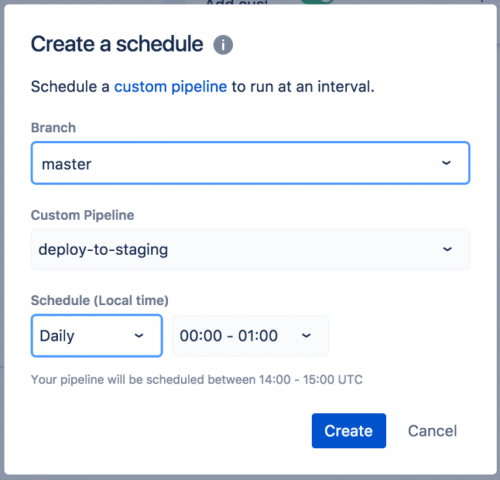clean-code-php is an excellent set of examples for the SOLID principles as applied to PHP programming:
Software engineering principles, from Robert C. Martin’s book Clean Code, adapted for PHP. This is not a style guide. It’s a guide to producing readable, reusable, and refactorable software in PHP.
Not every principle herein has to be strictly followed, and even fewer will be universally agreed upon. These are guidelines and nothing more, but they are ones codified over many years of collective experience by the authors of Clean Code.
Inspired from clean-code-javascript
